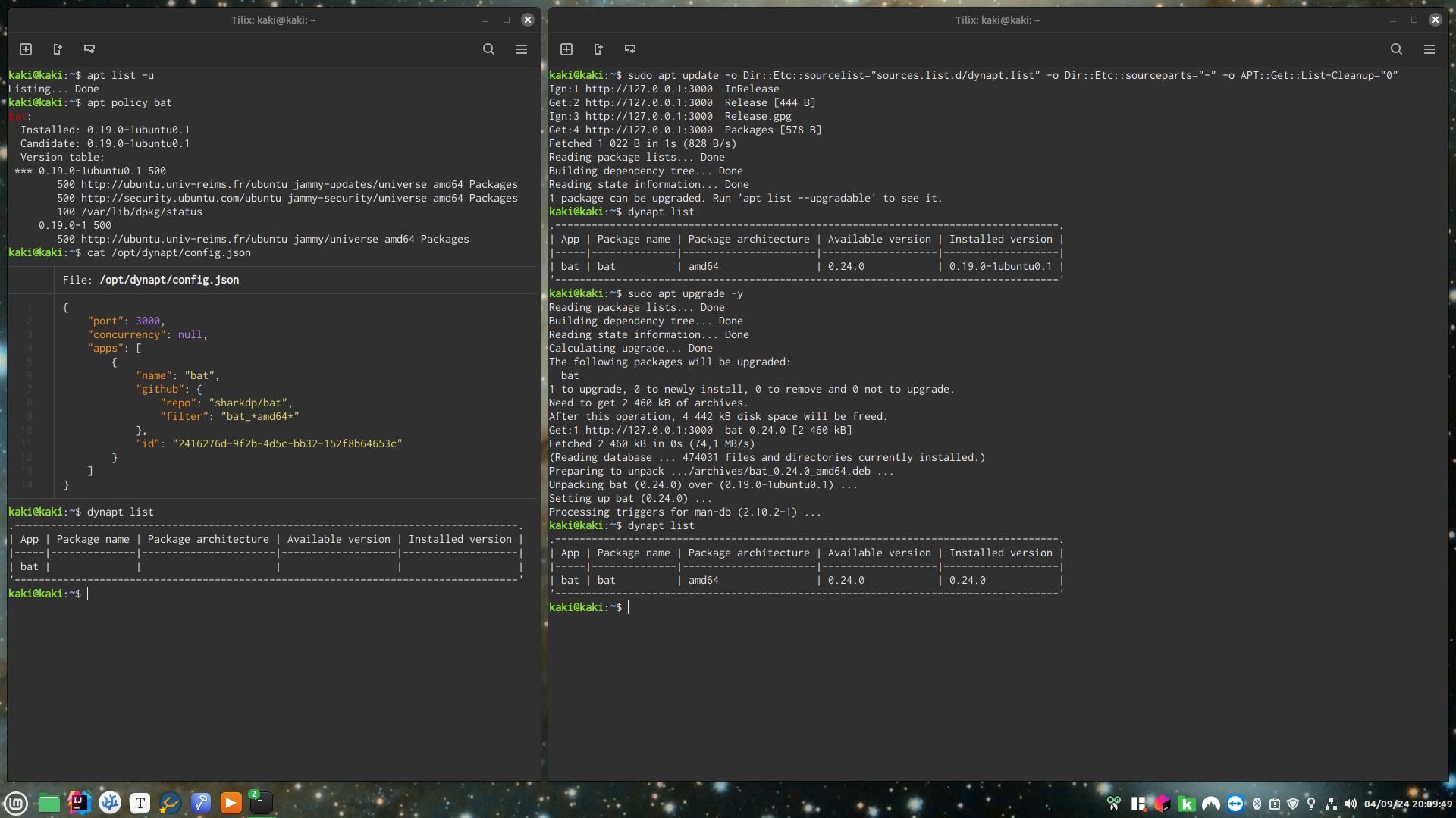this post was submitted on 06 Sep 2024
199 points (99.0% liked)
Linux
48287 readers
647 users here now
From Wikipedia, the free encyclopedia
Linux is a family of open source Unix-like operating systems based on the Linux kernel, an operating system kernel first released on September 17, 1991 by Linus Torvalds. Linux is typically packaged in a Linux distribution (or distro for short).
Distributions include the Linux kernel and supporting system software and libraries, many of which are provided by the GNU Project. Many Linux distributions use the word "Linux" in their name, but the Free Software Foundation uses the name GNU/Linux to emphasize the importance of GNU software, causing some controversy.
Rules
- Posts must be relevant to operating systems running the Linux kernel. GNU/Linux or otherwise.
- No misinformation
- No NSFW content
- No hate speech, bigotry, etc
Related Communities
Community icon by Alpár-Etele Méder, licensed under CC BY 3.0
founded 5 years ago
MODERATORS
you are viewing a single comment's thread
view the rest of the comments
view the rest of the comments

Neat project!
While this might not solve all of your use cases, did you consider a tool like mise?
Theres a number of other options out there such as asdf-vm and others who's names I can't recall. I recently moved from asdf to miss but its a great way to install things on different machines and track it with your dotfiles, or any other repo you want to use. Mise has tons of configuration options for allowing overrides and local machine specific versions.
It won't tie into apt for your upgrades but you could just alias your apt update to include
&& mise up.My main use case is end user desktops.